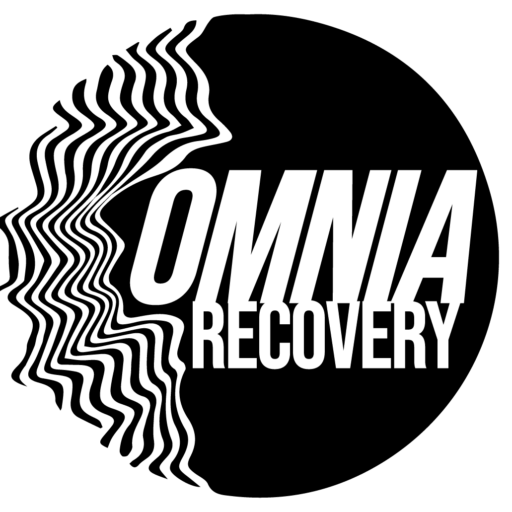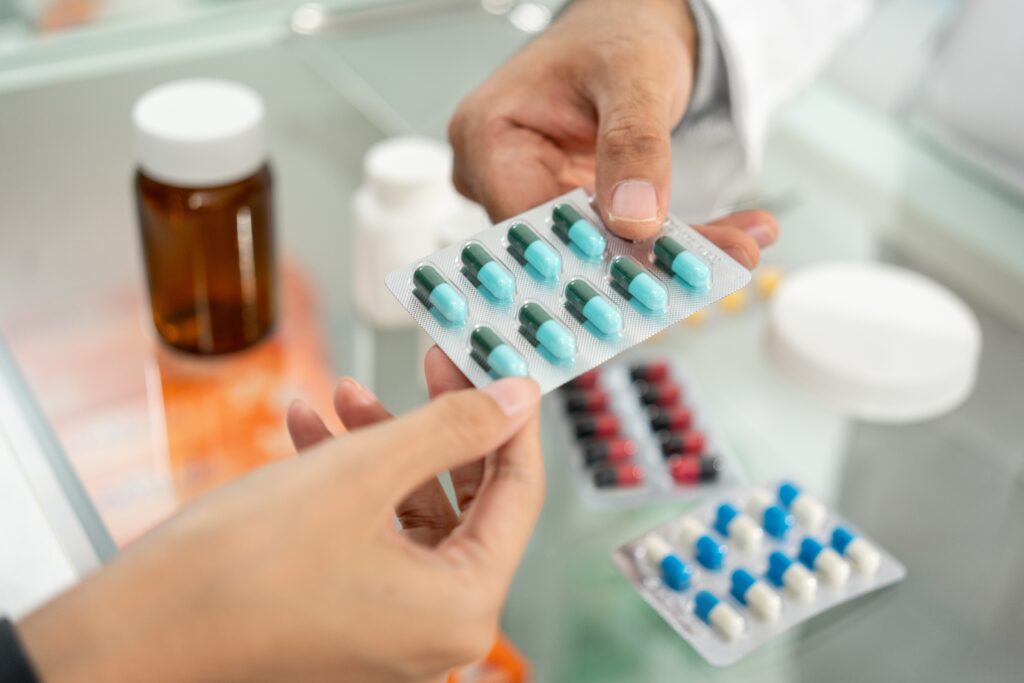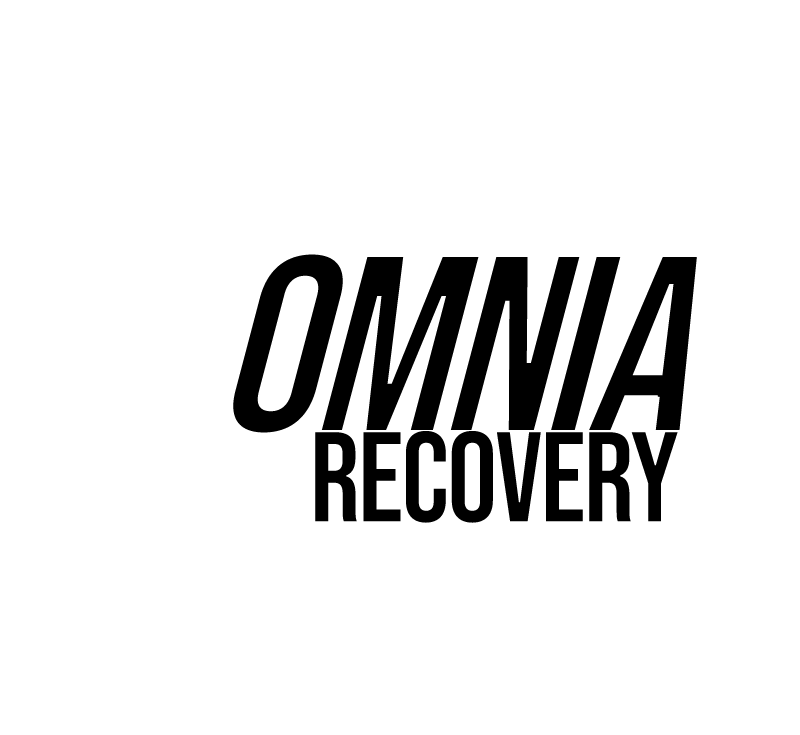Prescription drugs play a vital role in treating various health conditions, but when misused, they can lead to serious consequences, including addiction. Prescription drug abuse is a growing concern that affects millions of people, often with devastating effects on their health, relationships, and overall well-being. Understanding the signs of prescription drug abuse is crucial in recognizing the problem early and seeking the necessary help.
Understanding Prescription Drug Abuse
Prescription drug abuse occurs when someone uses medication in a way that is not prescribed by a doctor. This can include taking higher doses than prescribed, using someone else’s medication, or using the drug for non-medical reasons, such as to get high. Commonly abused prescription drugs include opioids (painkillers), benzodiazepines (anti-anxiety medications), and stimulants (often prescribed for ADHD).
Common Signs of Prescription Drug Abuse
Recognizing the signs of prescription drug abuse can be challenging, as the symptoms often overlap with other health issues. However, there are several physical, behavioral, and psychological indicators that can suggest a problem.
Physical Signs
- Increased Tolerance: Over time, individuals may require higher doses of the drug to achieve the same effect, leading to increased use.
- Withdrawal Symptoms: If the drug is not taken, withdrawal symptoms may occur, such as sweating, nausea, headaches, anxiety, or irritability.
- Drowsiness or Lethargy: Excessive tiredness or lack of energy can be a sign of opioid or benzodiazepine abuse.
- Changes in Appetite or Sleep Patterns: Unusual weight loss or gain, insomnia, or excessive sleeping may be linked to drug misuse.
- Pupillary Changes: Constricted or dilated pupils can be a sign of opioid or stimulant abuse, respectively.
- Poor Coordination: Impaired motor skills, slurred speech, and unsteady movements are often associated with drug abuse.
Behavioral Signs
- Doctor Shopping: Seeking prescriptions from multiple doctors or frequent visits to emergency rooms to obtain more medication.
- Neglecting Responsibilities: Missing work, school, or important obligations due to drug use or its aftereffects.
- Isolation: Withdrawing from friends, family, and social activities that were once enjoyed.
- Risky Behaviors: Engaging in dangerous activities, such as driving under the influence or taking part in illegal activities to obtain drugs.
- Secretive Behavior: Hiding drug use, lying about the amount or frequency of use, or being defensive when questioned about drug use.
- Financial Problems: Spending large amounts of money on prescriptions, or even resorting to stealing to support the habit.
Psychological Signs
- Mood Swings: Unexplained changes in mood, such as irritability, anxiety, or depression, especially when the drug is not available.
- Paranoia or Anxiety: Increased feelings of fear, suspicion, or worry, often linked to stimulant abuse.
- Depression: Feelings of hopelessness or sadness that persist, particularly if the drug is used to self-medicate these emotions.
- Obsessive Thoughts: Constantly thinking about the drug, how to obtain it, and planning the next dose.
The Importance of Early Intervention
The sooner prescription drug abuse is identified, the better the chances for successful intervention and recovery. Left unchecked, drug abuse can lead to addiction, severe health issues, overdose, and even death. If you recognize any of these signs in yourself or someone else, it’s crucial to seek help immediately.
What to Do if You Suspect Prescription Drug Abuse
If you suspect that you or a loved one is struggling with prescription drug abuse, consider taking the following steps:
- Talk Openly: Have a compassionate and non-judgmental conversation about your concerns. Express your support and willingness to help.
- Seek Professional Help: Reach out to healthcare providers, counselors, or addiction specialists who can provide the necessary guidance and treatment options.
- Contact a Treatment Center: Specialized treatment centers, like Omnia Recovery, offer comprehensive programs tailored to individuals struggling with prescription drug abuse. These programs often include medical detox, therapy, and ongoing support to help individuals achieve and maintain sobriety.
- Educate Yourself: Learn more about the specific drug being abused and the treatment options available. Knowledge is a powerful tool in supporting recovery.
- Create a Supportive Environment: Encourage healthy lifestyle changes, such as regular exercise, proper nutrition, and participation in support groups, to aid in the recovery process.
Omnia Recovery Offers Comprehensive Behavioral Health Treatment
Prescription drug abuse is a serious issue that requires prompt attention and action. By recognizing the signs and understanding the steps to take, you can play a critical role in helping yourself or a loved one overcome this challenge. Remember, recovery is possible, and with the right support and resources, a healthier, drug-free life is within reach.
If you or someone you know is struggling with prescription drug abuse, Omnia Recovery is here to help. Our team of experienced professionals is dedicated to providing compassionate care and effective treatment to guide you on the path to recovery. Don’t wait—reach out today to take the first step toward a brighter future.




